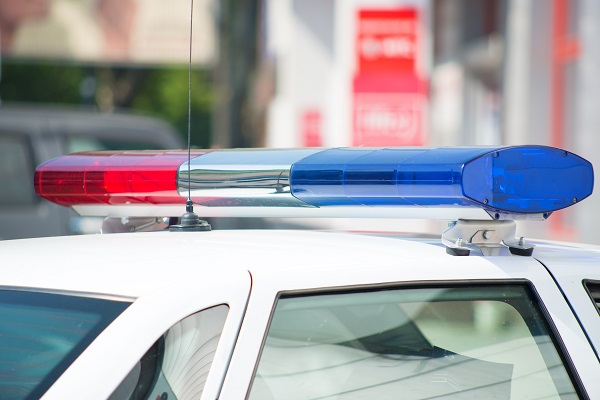How Cops Find Drugs During Traffic Stops

A person pulled over for suspected DUI or another driving offense may find himself in more trouble if police search the vehicle. If law enforcement finds evidence of another crime, such as illegal drugs, in the vehicle, they can charge you with that crime too. A simple traffic infraction could escalate to much more serious criminal charges.
Usually, police need a warrant to search cars. During traffic stops, however, they can search vehicles without a warrant for several reasons. First, police may search a vehicle incident to a driver’s arrest. Often this type of search is legally permitted because police reasonably believe that evidence of the crime for which the driver was arrested might be found in the vehicle. For example, a car that smells like marijuana and a driver they are arresting for driving under the influence may lead the police to believe that they can find marijuana, alcohol, or drug paraphernalia in the car. Police can use drug-sniffing dogs to help with the search.
Alternatively, a search incident to arrest is permitted without a warrant if the person being arrested has not been secured in custody and could still gain access to the car – potentially to hide evidence of a crime. When a police officer places a suspect under arrest, but the suspect then flees the scene, law enforcement may be able to search the car before getting a warrant if the arrestee could still access the vehicle before law enforcement can secure it in a tow yard.
Second, law enforcement sometimes obtain probable cause for an automobile search before they conduct an arrest or any kind of search. The probable cause may arise either before or after a traffic stop begins. For example, an officer pulls over a car for erratic driving, asks the driver to step out of the car, and watches as a packet of cocaine falls out of the driver door, giving rise to probable cause for a further search. Alternatively, the car may match the description of a getaway vehicle in a robbery, leading to a traffic stop during which the police search the car for evidence of the robbery.
During a search for which police have probable cause, they can look through both the passenger compartment and the trunk. They can search any container or bag that could reasonably contain the items for which they are looking. If the only items stolen during a robbery were large paintings, police cannot open small boxes in the trunk that could not possibly contain the paintings.
Police do need a warrant to search an automobile if no one is being arrested and there is no probable cause for a search of the whole car. It would be illegal, for example, to search someone’s car after pulling them over for a minor traffic infraction absent any other evidence of a crime actually or potentially being committed.
Need an attorney for drug charges in Oklahoma? Clint Patterson, Esq., of Patterson Law Firm, a former Tulsa prosecutor now using his trial experience to defend Oklahomans accused of drug crimes, has the experience and the insight to evaluate the strengths and weaknesses of your case. To schedule a case evaluation, visit Patterson Law Firm online or call Clint’s office at (918) 550-9175.

